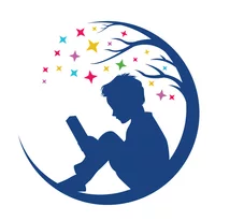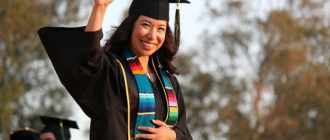Emotional Honesty & Self Acceptance
A Key Resource Book for Parents & Educators
Emotional Honesty & Self-Acceptance: Education Strategies for Preventing Violence
by Ronald Brill, Coping Skills for Kids and Brain Works Project founder and director
Many of the concepts currently used in Coping Skills for Kids and the Brain Works Project were introduced in this seminal book focusing on the preventable causes of youth violence and self-harmful behavior. Published in 2000, Emotional Honesty & Self-Acceptance has received glowing reviews from teachers, university schools of education, school mental health professionals and those who help pre-teens and teens to better self-manage emotional and behavioral difficulties.
Get the book Emotional Honesty at a discount directly from the publisher.
An Excerpt From the Book
By being honest with ourselves about what we feel when we are hurt, we learn to accept our feelings and to recover from emotional distress.
Emotional dishonesty, which includes adopting an “I don t care” attitude to keep from dealing with one s hurt feelings, keeps us from healing emotional wounds and experiencing the inner peace of self-acceptance. Self-acceptance comes from honoring and accepting what we feel rather than judging feelings, blaming others or shaming ourselves. Self-accepting persons have no need to harm themselves or others. Self-accepting persons are also more capable of accepting others.
Emotional honesty is listening to the meaning of each hurt feeling and attending to the resulting distress that occurs. By not learning to name and thus disarm emotional wounds, we may try to “hide” these wounds. But they remain, accumulate and often become infected with shame, fear, hate and anger. Emotional honesty is the individual process by which we avoid violent and self-destructive responses to emotional distress.
Emotional honesty is taking responsibility for what we feel and how we respond to everyday upsets that leave us angry and sad. What tends to prevent awareness and acceptance of our true feelings is a prevalent cultural misbelief that emotional pain is shameful: “Something must be wrong with me to hurt so much.” This also leads to blaming responses: “Someone must be to blame if I m in pain!” When we can t or won t acknowledge being emotionally vulnerable when we experience painful wounding experiences our feelings are seen as a weakness rather than a sign that we are a caring and feeling human being.

Emotional honesty is not a way of avoiding being emotionally wounded. Rather it is the strength to own and take responsibility for what we feel, including our pain. Our society seems incapable of finding preventive strategies that can stem the growth of child and adult self-harm, violence and depression. Instead we tend to place blame, rather than look inside ourselves to de-fuse the pain before it triggers destructive acts upon ourselves or others. School shootings and massacres of innocents have resulted in more efforts to violence-proof our schools by turning them into repressive “police states.” In contrast, this book advocates that we should start using schools to employ the power of education to help students learn self-management coping skills to violence-proof themselves.
Blaming youth violence or suicide on entertainment media; too many guns; or attributing their avenging rage to mental illness; or saying that it is genetically acquired; or that perpetrators are evil persons — all relieve us of the responsibility and opportunity to educate our children about honest, safe and healthy coping skills. All students need to become aware that emotional disconnection results in distorting and using their hurt feelings to justify punishing others and harming themselves because of unresolved pain.
Get the book Emotional Honesty at a discount directly from the publisher.






